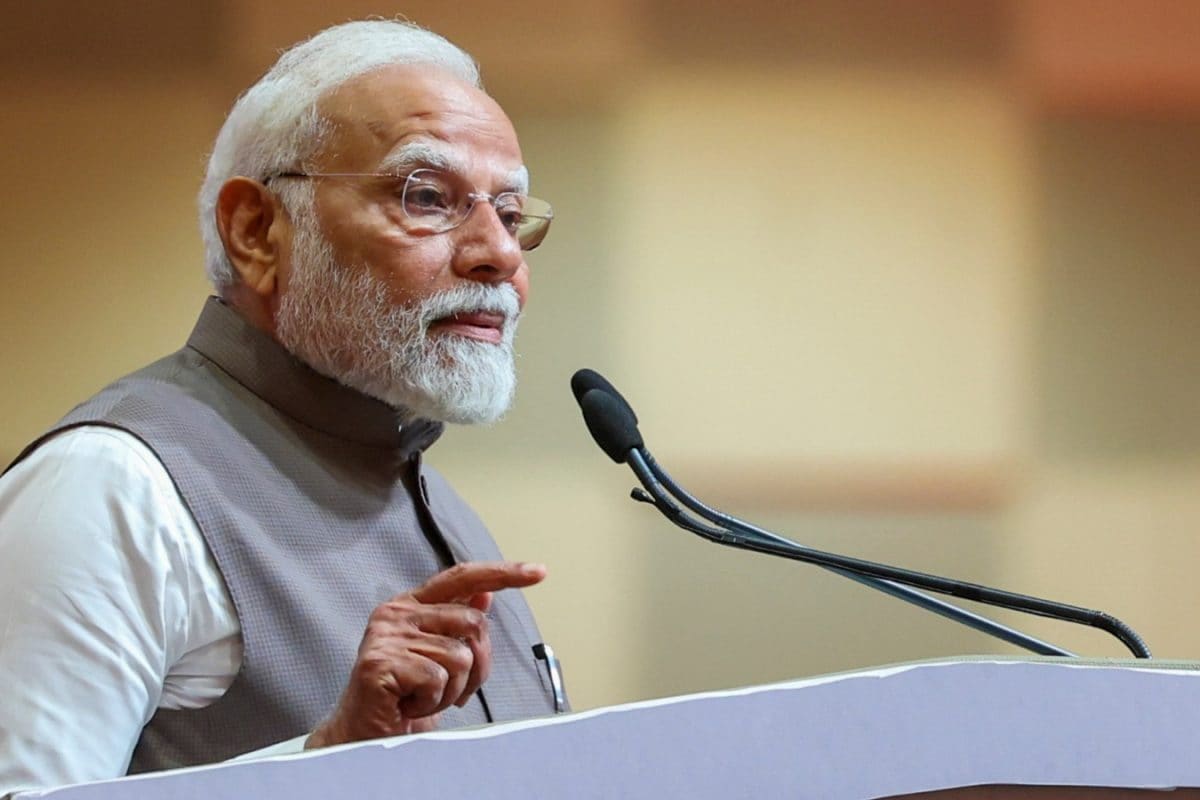

Prime Minister Narendra Modi has made a strong appeal to citizens to prioritize Indian-made goods, highlighting the surprising prevalence of imported items, even during religious festivals. Speaking at a recent event in Gandhinagar, Gujarat, Modi lamented the fact that even Ganesh idols are often imported, some of which he described as "small-eyed Ganesh idols whose eyes don't even open properly." This remark served as a poignant illustration of his broader call for self-reliance and a stronger "Make in India" initiative.
Modi's address wasn't just a critique of current consumer habits; it was a call to action. He urged village traders to commit to selling only Indian-made goods, regardless of potential profit margins on foreign alternatives. This appeal taps into the core of the "Make in India" campaign, which seeks to transform India into a global manufacturing hub by fostering innovation, enhancing skill development, and attracting investment.
The Prime Minister framed the support for local products as a crucial contribution to national development. He linked it directly to the goal of building a "Viksit Bharat" (Developed India) by 2047, the 100th anniversary of India's independence. Modi asserted that achieving this vision requires reducing dependence on foreign goods and strengthening the domestic economy. He went on to say that if each citizen contributes to building a developed India by 2047 and helps take our economy from fourth to third position globally, we will not rely on foreign products.
To emphasize the pervasiveness of foreign products in daily life, Modi launched what he called "Operation Sindoor." He urged citizens to go home and make a list of all the foreign products they use in a 24-hour period. This exercise aims to make people more aware of their consumption patterns and encourage them to actively seek out Indian alternatives.
This isn't the first time PM Modi has championed the "Make in India" initiative. Launched in 2014, the campaign has focused on attracting foreign direct investment, modernizing infrastructure, and streamlining business processes. The government has identified 25 key sectors for development, including manufacturing, infrastructure, and services. Successes have been seen across various sectors, including mobile manufacturing, renewable energy, and defense exports. The Prime Minister, reflecting on the 10th anniversary of the "Make in India" initiative, lauded its "roaring success" and thanked those who have contributed to making the movement a success.
The Prime Minister's renewed emphasis on "Make in India" comes at a time when concerns about the impact of imported goods on local industries are growing. Items like decorative lights, firecrackers, toys, and religious idols, often imported at low prices, have increasingly dominated festival sales, impacting local artisans and manufacturers. Modi's recent statements can be seen as a direct response to these concerns, urging consumers to prioritize local products and support the livelihoods of Indian businesses and artisans.
Beyond the economic benefits, Modi also framed the "Make in India" initiative as a matter of national pride and unity. By promoting local products, citizens can contribute to a stronger, more self-reliant India, reduce the reliance on foreign products and move towards being a world power.